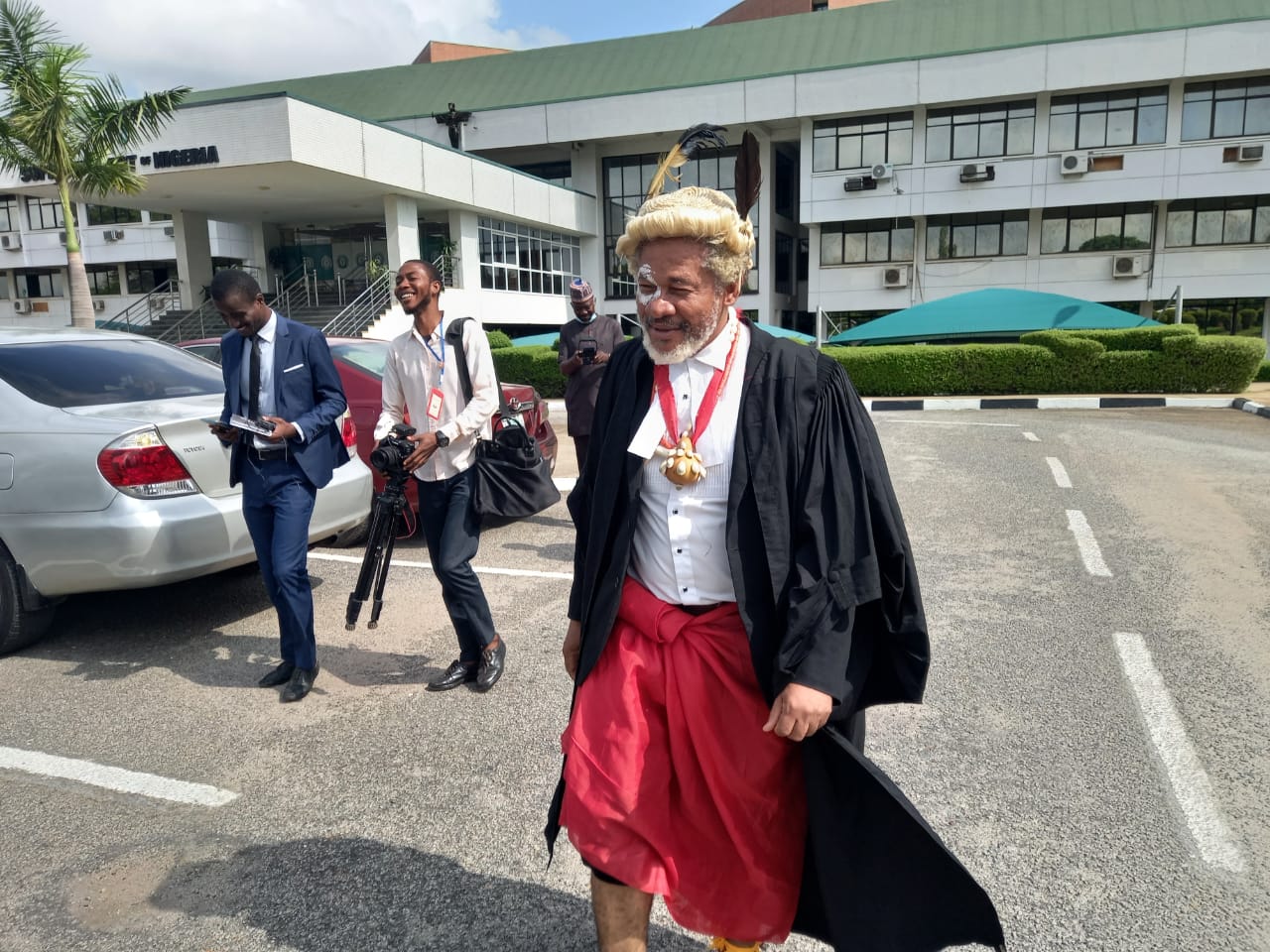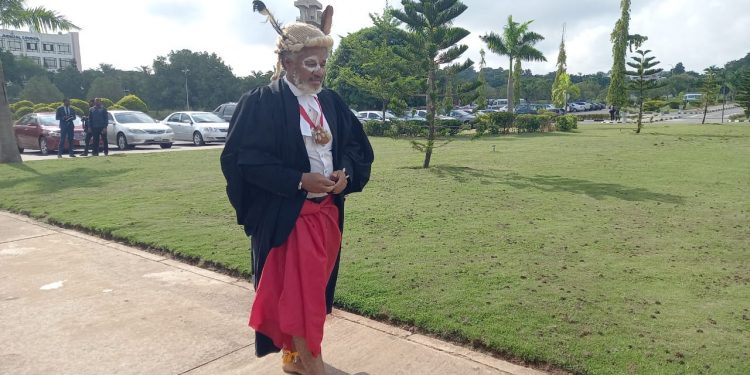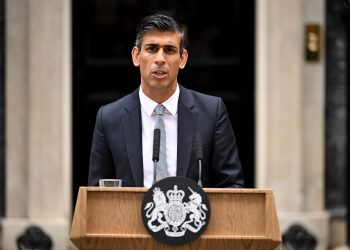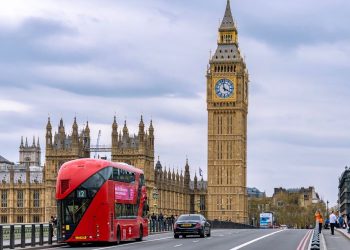The lawyer who caused mild drama at the Supreme Court, Abuja on Thursday cannot be said to have appeared before the court in true sense of it because he had no business in court on the said day.
He did not appear before the Supreme Court in the real sense of it, but was only there to make a statement, which is about his displeasure with the Supreme Court judgement over the wearing of hijab by Muslim female students in school.
These are the views expressed by Ebun-Olu Adegboruwa, Senior Advocate of Nigeria (SAN), who has been described as “a courageous, eloquent, sagacious and meticulous legal luminary.”
The legal luminary explained that the lawyer, Malcom Omoirhobo was not in court to represent any client or himself in any matter listed before the court for that day. He therefore, argued that it cannot be said that he was in court in his professional capacity as a lawyer.
“He was simply there as an ordinary Nigerian”, said Ebun-Olu Adegboruwa, who took questions on the issue, while appearing on local television station, which was monitored by Clariform on Friday morning.
Malcom Omoirhobo, a Lagos-based human rights lawyer, caused mild drama at the Supreme Court, Abuja, on Thursday when he entered the courtroom dressed in the full traditional attire of an “Olokun priest”.
The lawyer said he dressed to court in that manner to exercise his fundamental human rights following the judgment of the Supreme Court that allowed all Nigerians to express their way of worship and the use of hijab in schools and public places.

Clariform reports that the Supreme Court had last Friday given approval to female Muslim students to wear hijab to school in Lagos State, a decision that has caused a raging debate about the circular state of Nigeria.
It was a majority decision made by Justices of the Supreme Court, with the two the dissenting to the majority judgement.
Ebun-Olu Adegboruwa SAN also cautioned the Supreme Court on the need to consult widely before delivering any judgement, because their judgement “is a policy statement, which affects” far greater number of people than the parties in the case before the court.
In another development, Senator Shehu Sani, a former Kaduna State governorship aspirant, in response to the action of the human rights lawyer, has taken to the social media to lambast Nigerians unhappy with the decision of the Supreme Court the wearing of the Muslim hijab in public schools.
The former senator from Kaduna State, who is currently trying to find his feat back up politically says that those aggrieved with hijab should rather go stack neck in their protest, than dressing as traditionalists, if they really mean business.
He wrote wrote on Facebook saying, “The lawyer who went to the Supreme Court in the garb of a Herbalist or Traditional religionists should have gone there naked; that is the original appearance of our ancestors hundreds of thousands of years ago.
“If you don’t like the Hijab ruling, remove your clothes completely and cover some parts with leaves and the protest is real”.
The lawyer, Malcom Omoirhobo on Thursday arrived at the court at about 9:05 am, and created a scene both outside and inside the courtroom when other lawyers who had been seated were taken by surprise to see him robed in traditional attire to look like an herbalist.
The lawyer who gained entry into the court was barefooted with feathers attached to his wig.
He was also wearing a gourd on his necklace with cowries and a red wrapper tied around his waist.
He dared the police officers and security guards who approached him to go out saying that he has the right to come to the court in his traditional regalia without any harassment in line with the judgment.
The court proceedings were abruptly stopped when the presiding justice suddenly announced that they would be going for a short break.
Though it could not be immediately ascertained what was responsible for the short break.
The situation attracted a large crowd who thronged the courtroom to catch a glimpse as people were seen using their mobile phones to take his pictures.
Malcom who addressed journalists said, “I am very grateful to the Supreme Court just last week Friday they made a very resounding decision that promotes Section 38 of the constitution. That is our right to freedom of thought, conscience, and religion. That we are free to express our way of worship in our schools and in our courts. That decision was reached on Friday and that has encouraged me.
“Because I am a traditionalist and this is the way I worship. Based on the decision of the Supreme Court this is how I will be dressing henceforth in court because I am a strong adherent to “Olokun” the god of rivers.”
Malcom said the implication of the judgement was that every Nigerian, including doctors, police, military students, and journalists, can now wear their mode of worship in public places.
He added that he was not against the judgement rather he was happy with the decision because it strengthened and enriched the rights of all Nigerians as stipulated in the 1999 Constitution of the Federal Republic of Nigeria as amended.












